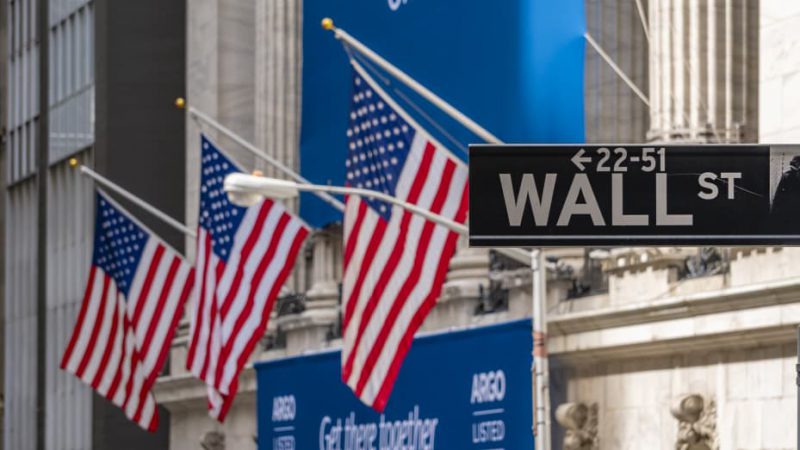US investment bankers have almost always been criticized for their excessive wages, In today’s article we will explore the reasons for this situation, while also covering its historical context, current trends, and future outlook.
Historical Context and Current Pay Setup


An Oxford Academic study on Wages and Human Capital in the U.S. Finance Industry shows that financial deregulation has influenced job complexity, skill intensity, and high wages for finance employees.
The US investment bankers began earning a substantial premium over other sectors around 1990. The gap has reached 50% by 2006.
Unfortunately, this trend also continues today, with investment bankers still earning a large amount of cash monthly.
Also Read: US Banking Association Urging SEC for Spot Bitcoin ETF Custodianship
For example, Goldman Sachs had its efficiency ratio ballooned to around 75% in 2023. This is far beyond their 60% target, and we can assume they are happy about it. As you can see below, other banks like Lazard, Evercore, and PJT Partners have also surpassed 55% target pay ratios.
This information makes it clear that the US investment bankers are overpaid.
Several elements contribute to these pay ratios:
- Bonus stickiness
- Talent retention strategies
- Expectations of market rebounding
As this Financial Times piece aptly states: “Bonuses are supposed to fluctuate with market conditions. Instead, they are sticky: firms do not want to lose good talent and often also need to pay guaranteed dollars to bring in new blood before the upturn.”
This makes it clearer than ever. The way bonuses are set up for this section is the reason why US investment bankers remain overpaid despite market fluctuations.
Also Read: BRICS Will End U.S. Dollar Dominance, Says Wall Street
Impact & Future Outlook
The constant overpayment of US investment bankers affects the profitability of the industry, while also raising questions about its long-term sustainability. However, firms argue that these high levels of compensation are required to keep talent.
With the emergence of AI, crypto, and other similar factors, I am confident that these tech advancements will eventually restructure compensations in all markets.
The same Financial Times piece on this topic mentions the following: “Some executives are salivating at the chance that AI can fundamentally alter the pay structure in banking. Either through labor reductions or productivity growth — leaving either fewer or cheaper bankers.”
This idea could potentially address the issue of US investment bankers being overpaid.
Also Read: Billionaire Warns US Economy Headed for a Financial Crisis
The evidence is clear! US investment bankers are indeed overpaid. Even though this unique industry requires talent retention, the influence of new technologies and market conditions might change compensation patterns in this sector as well.





